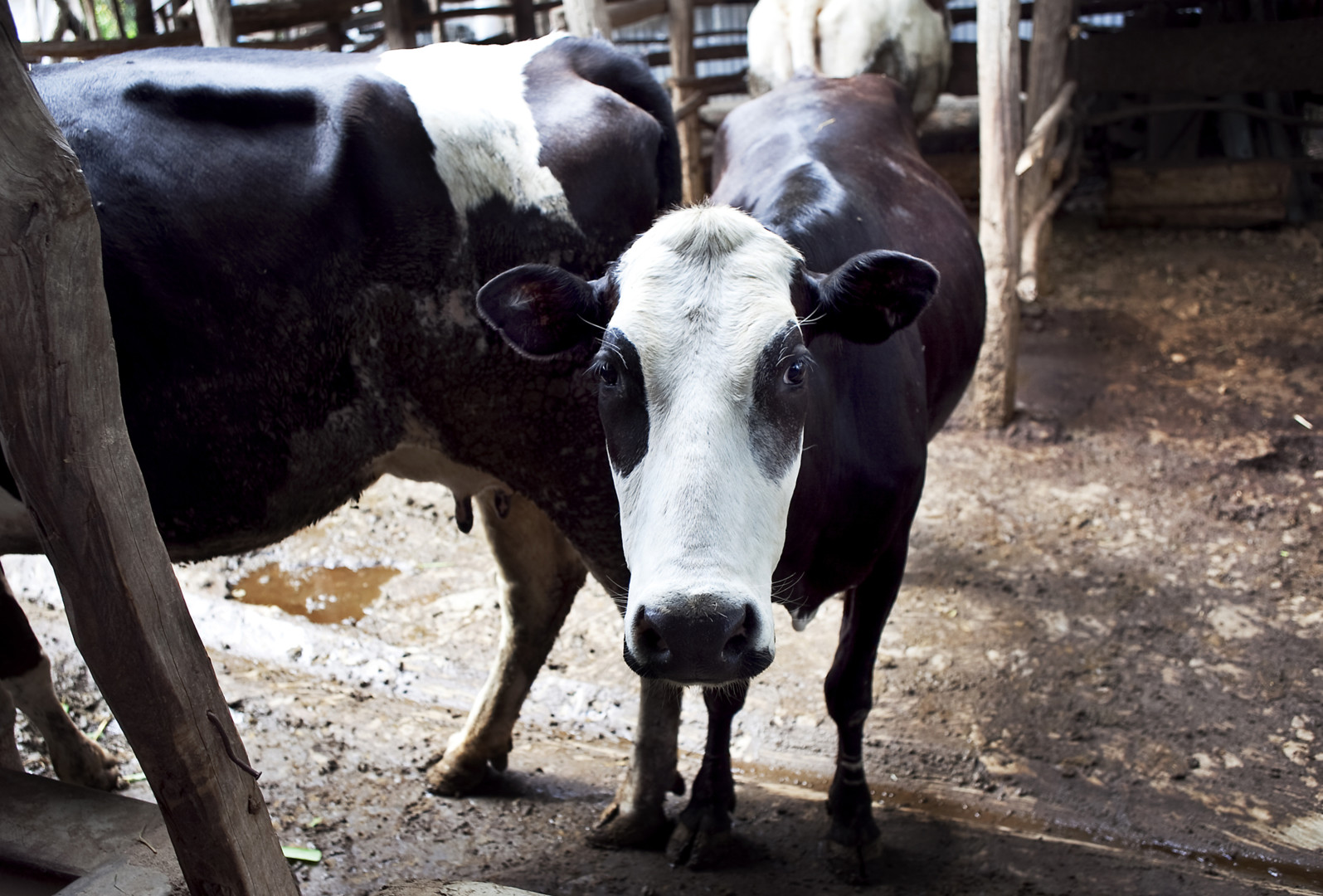The Shrubs for Change (S4C) project was launched in August 2020 and concluded in June 2023. It aimed to address critical issues faced by small-scale dairy farmers in Kenya and Malawi, such as low milk production and climate-related challenges. Farmers in these regions often struggle with poor feed quality, which limits dairy yields and affects both their livelihoods and nutrition outcomes. The project aimed to introduce sustainable solutions through the use of Fodder Tree Technology (FTT) to boost milk production and build resilience.
Main purpose and scope
The primary goal of the Shrubs for Change project was to improve the livelihoods ofsmall-scale dairy farmers by enhancing their dairy production through FTT. This technology involves growing leguminous shrubs like Calliandra and Sesbania, which provide high-protein fodder for cows. These shrubs require minimal labor and resources, making them an ideal solution for low-income farmers. In addition to improving milk yields, the project contributed to climate change mitigation by promoting practices that restore soil fertility and reduce erosion.
Donors and partners
The project was led by World Agroforestry (ICRAF) It was implemented in Kenya by Vi Agroforestry, and in Malawi by the Shire Highlands Milk Producers Association (SHMPA). Shrubs for Change was funded by the German Corporation for International Cooperation (GIZ). Vi Agroforestry’s part of the project funds amounted to almost Euro 400 000.
Locations and duration
In Kenya, Vi Agroforestry implemented the project in Bungoma, Kakamega, Uasin Gishu, and Nandi Counties.
Key results in Kenya
- Improved Livelihoods: By the end of the project, over 1 million Kenyan dairy farmers were reached through promotional campaigns, and 19,786 Kenyan farmers received direct training. The farmers who adopted FTT saw a significant increase in milk production, boosting both their incomes and food security.
- Sustainable Farming: More than 2.5 million seedlings of fodder shrubs were raised and distributed in Kenya, helping farmers develop climate-resilient, sustainable farms. These shrubs not only improved dairy feed but also contributed to soil conservation and fertility.
- Gender Inclusion: The project emphasized the active involvement of women, with 11,749 female Kenyan farmers attending trainings. By promoting gender equality, the project aimed to uplift entire communities through shared economic gains.
- Knowledge Sharing: A Training-of-Trainers (ToT) model was used, where Vi Agroforestry trained 158 community facilitators, who in turn trained the dairy farmers during the project – and kept offering trainings after the project ended.
Key learnings
The project highlighted the benefits of collaborative efforts between research institutions and local farmer organizations. By integrating FTT into local farming systems, Shrubs for Change demonstrated how simple, cost-effective solutions can significantly impact both productivity and environmental sustainability. Additionally, the involvement of nursery operators ensured that farmers had access to the necessary seeds and seedlings, further facilitating the adoption of FTT.
In conclusion, the Shrubs for Change project successfully empowered small-scale dairy farmers with the tools and knowledge to improve milk production and build climate-resilient farms. By doing so, it enhanced nutrition and economic stability across Kenya and Malawi, creating a lasting impact on rural livelihoods.
Knowledge sharing
A knowledge sharing platform was compiled as part of the project. Hence famers could access film and voice material in English and Swahili to get information and advice.
Videos from the project where also shown at Shamba Shape Up, a popular TV series with agricultural advice to farmers in East Africa. The videos below are examples of learning material that farmers in the project could access though the platform and TV series.
Project name: Shrubs for Change (S4C)
Context: Small-scale dairy in Kenya struggle with poor feed quality, which limits milk production and subsequently farmer incomes. Cow feed quality matters for how much greenhouse gas is emitted per liter of milk produced.
Main purpose: Improve dairy production through growing high-protein fodder for cows. Also contribute to climate change mitigation by promoting practices that restore soil fertility and reduce erosion.
Duration: mid-2020 – mid-2023
Location: Bungoma, Kakamega, Uasin Gishu, and Nandi counties, Kenya.
Target group: Small-scale dairy farmers.
Donor: the German Corporation for International Cooperation (GIZ). EUR 396,600 to Vi Agroforestry.
Lead organisation: World Agroforestry (ICRAF)
Implementing organisations: Vi Agroforestry in Kenya, the Shire Highlands Milk Producers Association in Malawi.
